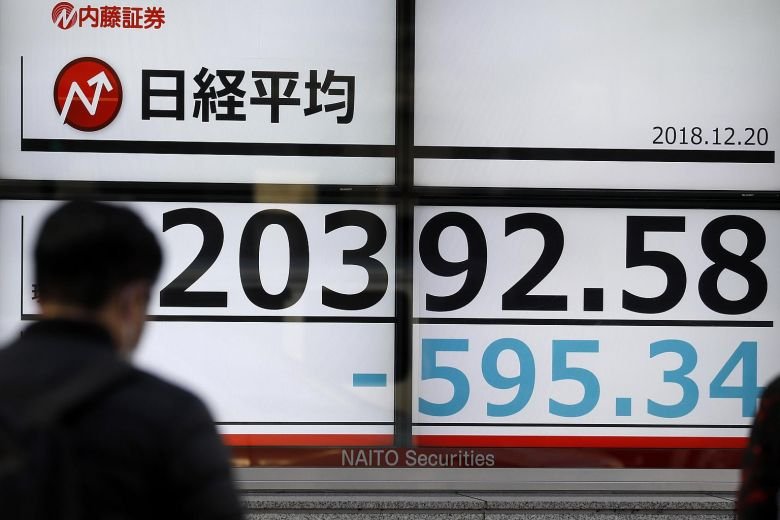Xpeng was significantly lower on the stock exchange in Hong Kong on Tuesday. The Chinese electric car manufacturer suffered more loss on higher sales last quarter and the expectation for the number of car deliveries for the second quarter was disappointing.
The mood in the major stock markets in the Asian region was also negative despite a recovery on Wall Street. A profit alarm from Snap, the company behind the temporary video and photo messaging platform Snapchat, after the closing bell in New York caused price pressure.
The Hang Seng index in Hong Kong recorded 1.7 percent in the meantime. Xpeng fell 5.5 percent and competitor Nio, who will report later this week, lost 2.6 percent. Major Chinese tech companies such as Tencent and Meituan fell 1.7 percent and 4.7 percent. The Chinese online store group Alibaba, which will release the results later in the week, lost more than 1 percent.
The Shanghai stock market lost 1.1 percent. Concerns about the impact of the corona measures in the country on the economy again took over. Despite the Chinese government’s measures to support the economy, banks UBS and JPMorgan lowered their growth expectations for the world’s largest economy. Tensions also mounted between Washington and Beijing after US President Joe Biden said the US would help Taiwan if China attacks the island. In response, China warned that the Americans are playing with fire.
The Nikkei in Tokyo was down 0.9 percent at 26,748.14 points. Figures from Jibun Bank showed that activity in Japan’s manufacturing industry declined to its lowest level in three months in May. In contrast, activity in the services sector rose to its highest level since December 2021. Toyota fell slightly. The carmaker announced it would cut production in June due to a parts shortage due to the Shanghai lockdown.
The Kospi in Seoul fell 1.4 percent after a drop in consumer confidence in South Korea in May. Samsung lost 1.9 percent. The South Korean technology group announced that it will invest around USD 360 billion (about EUR 338 billion) over the next five years in a wide range of sectors from chips to biotech. The investments will create 80,000 new jobs, according to the company.

